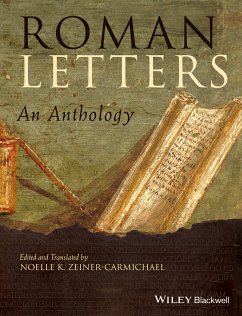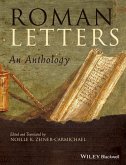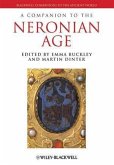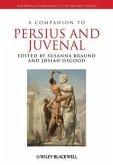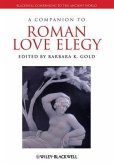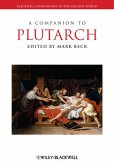Roman Letters offers a rich selection of original translations of ancient Roman letters spanning from the 1st century BCE to the 2nd century CE. Chronologically arranged and grouped according to author or collection, the letters cover various topics and themes selected from a broad range of authors.
- A unique single volume text that makes classical letters accessible and readable to undergraduates and the non-specialist reader
- Presents a wide range of authors and material, with over 200 selected texts
- Includes selections that illustrate a complete cycle of correspondence, as well as letters written by the same author and covering the same topic/theme but sent to different recipients
- Letters are arranged chronologically, with letters grouped according to author or collection
- An accompanying website offers additional, complementary letters
- Topical index highlights various topics and themes represented by the letters
Dieser Download kann aus rechtlichen Gründen nur mit Rechnungsadresse in D ausgeliefert werden.
"With translations that are both true to the intent of the original and entirely accessible to the modern reader, Zeiner-Carmichael has created an engaging survey of Roman epistolography, from the most practical of daily missives to highly refined literature."
Jacqueline M. Carlon, University of Massachusetts Boston
"Both accessible and scholarly, Zeiner-Carmichael's new and wide-ranging selection with its lively translations, running bibliographies and perceptive introduction constitutes an essential resource for all teachers and students of Greco-Roman letter-writing."
Gill Knight, University of Reading
Jacqueline M. Carlon, University of Massachusetts Boston
"Both accessible and scholarly, Zeiner-Carmichael's new and wide-ranging selection with its lively translations, running bibliographies and perceptive introduction constitutes an essential resource for all teachers and students of Greco-Roman letter-writing."
Gill Knight, University of Reading

